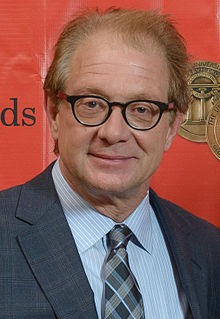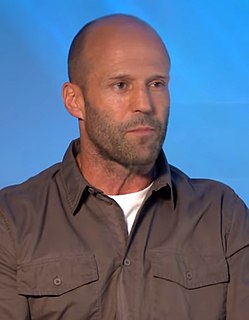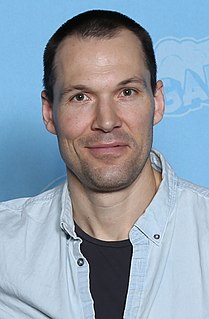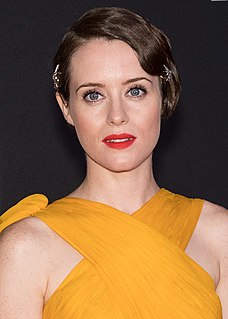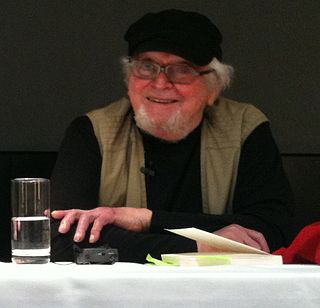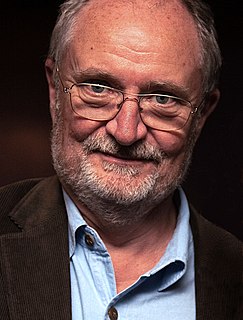A Quote by Jeff Perry
Actors usually respond to minor aspects of their own character or things that even feel disparate from themselves.
Related Quotes
When you are writing, you have to love all your characters. If you're writing something from a minor character's point of view, you really need to stop and say the purpose of this character isn't to be somebody's sidekick or to come in and put the horse in the stable. The purpose of this character is you're getting a little window into that character's life and that character's day. You have to write them as if they're not a minor character, because they do have their own things going on.
Playing what Hollywood determines is a hero, it immediately sets actors up to feel like they just can't explore the dark parts of themselves - the character has to be likeable, has to be fuckable, has to be redemptive on all fronts. When you're playing a character that's just inherently destructive or messed up, you're given this beautiful permission to try things. There's a license to fail.
Curiously enough, the only two plays that I've done very much revision on were the two adaptations - even though the shape of them was pretty much determined by the original work. With my own plays, the only changes, aside from taking a speech out here, putting one in there (if I thought I dwelled on a point a little too long or didn't make it explicit enough), are very minor; but even though they're very minor - having to do with the inability of actors or the unwillingness of the director to go along with me - I've always regretted them.
Particularly, the actors, to have analyzed the script in great detail from the point of view of their specific character. So that they have a handle on exactly where the character is in the chronology of things. In that sense the actors become your best check on the logic of the piece, and the way in which it all fits together. They become essential collaborators. The main thing is you have to work with very smart actors.
You write a character, but in essence, it's just a concept of what it could be, and then actors come in and they have their own sort of interpretations and thoughts. If you respond to those and then go forward with them, then it's kind of like magic to see the idea you had become alive and in the flesh.
As a young actor, I was advised to bide my time. Back then, there weren't good roles for someone like me. There were handsome leading men and character actors for smaller supporting roles. But I was told to hang in there, and it was good advice. We're all character actors now. Even a handsome man is a character actor at my age.
It's hard to say what you learn acting a part. You find bits and pieces of yourself that are inside the character you play. You locate the relatable aspects of that character to your own life. So, in a way, every part you play forces you to discover things about yourself you might not have learned otherwise.
